#SpeedCameras
Driving Dystopia: Companies Are Getting Serious About Vehicle-to-Infrastructure Connectivity
Before connected vehicles had become ubiquitous, numerous companies suggested that they would be networked into roadway infrastructure to improve safety and decrease traffic congestion. The concept even became a keystone issue for lobbyists trying to convince lawmakers to create regulations favorable to autonomous cars.
But it never manifested due to just how ambitious the overarching concept happened to be. The relevant technologies were still in their infancy and would require years of collaboration between multiple industries and various government agencies before anything got off the ground. However, things are reportedly starting to change. Pilot programs are being implemented on public streets, companies are working on the necessary hardware, and the U.S. government is asking for more with cash in hand.
QOTD: Taking Your Medicine
Just a bit ago, the local press fleet send me a present via the City of Chicago -- I flashed a speed camera at somewhere more than 6 mph but less than 10 mph over. Oddly, it's not the same camera that caused me to ask a QOTD about how y'all feel about these cameras -- it happened more than a week after I wrote that, and on a different stretch of the same road.
QOTD: Are Speed Cameras Worth It or Worthless?
Last night, I was driving down one of Chicago's main North Side thoroughfares when I passed through a notorious stretch of street that sits between two cemeteries.
California to Adopt 'Smart' Cameras to Enforce Noise Violations
The State of California is considering leveraging enhanced surveillance to increase the number of motorists it can fine for noise violations. While the rules allowing the state to penalize motorists for emitting too much sound have existed for years, they were amped up slightly in 2019 when Assembly Bill 1824 went into effect and established the limits for what’s allowed today. The updated rules also required police to immediately fine anyone driving an automobile that’s emitting noise measured above 95 decibels, rather than issue a fix-it ticket. Motorcycles, which can occasionally exceed 95 dB in their stock format if they’re older, are limited to just 80 dB.
But determining when and where someone broke the rule is difficult, especially considering measurements were originally supposed to be taken under the Society of Automotive Engineers (SAE) test procedure J1169, so the coastal region is on the cusp of launching a new program that would introduce microphone-equipped traffic cameras similar to what we’ve already seen in New York and the United Kingdom. California leadership believes that an automated system would result in greater levels of enforcement by effectively mimicking the speed camera formula and applying it to vehicular noise violations.
Cricket or Ticket: NY Now Has Cameras Designed to Identify Loud Cars
New Yorkers with aftermarket exhaust systems may want to be extra careful because a law, signed by Governor Kathy Hochul to increase fines on sound violations, now has a new enforcement tool designed to spot noisemakers.
Approved in autumn of 2021, the SLEEP (Stop Loud and Excessive Exhaust Pollution) Act raised the fine on vehicles producing excess sound in NY from $150 to a whopping $1,000. But drivers are now learning that getting busted won’t necessarily require whizzing past a squad car while their Borla snap-crackle-and-pops surrounding eardrums. NYC residents have begun receiving notices in the mail after being caught by the auditory equivalent of speed cameras.
Driving Dystopia: Speed Camera Rule Change Creates Ticketing Explosion in Chicago
At the start of the year, the city of Chicago announced that it would be changing rules pertaining to traffic enforcement as part of Mayor Lori Lightfoot’s updated 2021 budget package. But the one that was causing the most concern among motorists was a provision to have speed cameras issue tickets to anybody traveling 6 miles an hour over the posted limit, rather than the previous cutoff of 10 MPH. While just a singular aspect of the city’s plan to resolve a $1.2-billion deficit, it turned out to be one of the most controversial items and appears to have resulted in a tenfold increase in fines.
According to local affiliate CBS Chicago, data from a public records request indicated that during the 36-day period before and after the change took effect on March 1st, citywide ticketing went up from 35,784 citations in the weeks before to a massive 398,233 in the proceeding weeks.
United Kingdom Tests 'Acoustic Cameras' to Identify Loud Cars
The United Kingdom’s Department for Transport will test noise-detecting cameras across the country over the next 7 months to see if it can adequately detect and identify vehicles modified to emit obnoxious levels of noise when the driver pins the accelerator. The systems are relatively new, though the government says it will recommend further development of the system for deployment across the UK.
As things currently stand, it’s illegal for any new vehicle to exceed 74 decibels in Europe. While your personal car can exceed those sound limits within UK borders, as there’s no formal limit to vehicle noise, it is illegal to modify your car’s exhaust system to make it louder. Sort of a Catch-22, because if your car exceeds 74 dbA, it probably means you’ve modified it.
Protesters Have Damaged or Destroyed a Majority of France's Speed Cameras
We reported in early December that the ongoing Gilets Jaunes [yellow vests] protests in France were sparked by private motorists, angered by government regulations that they felt landed most heavily on the middle class. One of those regulations was a decrease in the speed limit on two-lane highways from 90 kilometers per hour (56 mph) to 80 kph (50 mph). Those highways represent about 40 percent of France’s roads.
Now, the French government has acknowledged that a majority of the automated cameras used to enforce speed limits in that country have been made inoperable, either vandalized or destroyed by protesters.
Opel Astra Driver 'Caught' By Speed Camera Traveling Over 400 MPH
You’ve probably received a speeding ticket in the mail before. Weeks after the incident, once you’ve forgotten all about it, you open a letter to read that you’ve been busted by a cleverly placed speed camera and have to pay a fine. Well, that’s what happened to a Belgian driver but he was fined approximately $7,800 for traveling 432 mph in a 30-mph zone.
Obviously, something went wrong. In addition to the 400-mph mark being well out of reach of his Opel Astra, the speed isn’t in the realm of possibilities for any production car currently in existence. Hell, Top Fuel dragsters don’t even reach those speeds on level pavement. In fact, you’d have to purchase a private jet or build a custom land speed car for Bonneville if you wanted that kind of velocity.
When You're Thumbing Your Nose at the Law With a Laser Jammer, Maybe You Shouldn't Also Flip Them Off
At first, the headlines looked like a serious breach of justice: “Man Gets 8 Months In Prison After Flipping-Off Traffic Camera.” A jail sentence for a rude gesture?
As much as I have concerns about civil liberties and law enforcement, after tracking down the actual news (or at least a press release from the relevant police agency), it appears the case wasn’t as simple as jailing a man for flipping a bird at a speed camera. I have to say that the guy probably deserved some legal grief, if only for being too brazen.
SURPRISE: Some Bus Drivers, Police in Chicago Not Required to Pay Speed Camera Fines
A Chicago Tribune investigation has uncovered that the city’s speed cameras have nabbed school bus drivers, police, public employees and city bus drivers more than 8,000 times over the past two years.
In most cases the tickets were passed on to the drivers, but in some cases — bus drivers and police driving unmarked cars who could justify speeding — those fines were either paid by the Chicago Transit Authority or waived altogether.
The Chicago Tribune’s fine, fine, fine reporting work uncovered 714 bus violations and more than 2,000 police tickets in two years.
Support For Automated Enforcement Only So-So Among Americans
While use of red-light and speed cameras are on the wane, support for automated enforcement depends upon where and who the constituent is.
2015 Hyundai Genesis Sedan To Receive Speed-Camera Warning System
Speed cameras are the bane of any driver’s existence, especially if they’re more trouble than they’re worth for the municipality who experiments with them for a contract period of several years. Future Hyundai Genesis owners in Korea, however, may have a new tool at their disposal that should make dealing with the long lens of the law much easier on the wallet.
Italy: More Officials Arrested for Photo Enforcement Corruption
A pair of senior police officers in Brindisi, Italy were arrested Tuesday in a speed camera bribery scheme. The owner of a BMW X6 blew the whistle on officers Giuseppe Manca and Antonio Briganti after a speed camera accused him of driving 160km/h (99 MPH) on state route 16, where the limit is 110km/h (68 MPH).
The driver faced a fine of between 500 to 2000 euros (US $650 to $2615) plus license points. The officers offered to make the conviction disappear for payment of 250 euros (US $327) in cash. The officers were able to erase the conviction from the speed camera logs to prevent detection of their tactics.
Federal Appeals Court Embraces DC Speed Cameras
The US Court of Appeals for the DC Circuit on Tuesday rejected a class action lawsuit filed against the speed camera program in the nation’s capital. Motorists Henry Dixon and Cuong Thanh Phung argued the city violated their constitutional guarantee to equal protection of law by treating drivers pulled over for speeding more harshly than drivers mailed photo tickets for speeding.
The US District Court for the District of Columbia ruled against Nixon and Phung, finding no violation of the Fourteenth Amendment (through the Fifth Amendment) because drivers apprehended for speeding by police officers are not similarly situated to motorists photographed and accused of speeding by a photo radar device. The district judge reasoned that the camera is unable to confirm that the owner was the driver, so the greater punishment should not be imposed. The three-judge appellate panel agreed with the lower court’s conclusion, but for a different reason. The speed camera law can stand under the “rational basis test” used to insulate government actions from constitutional challenge.



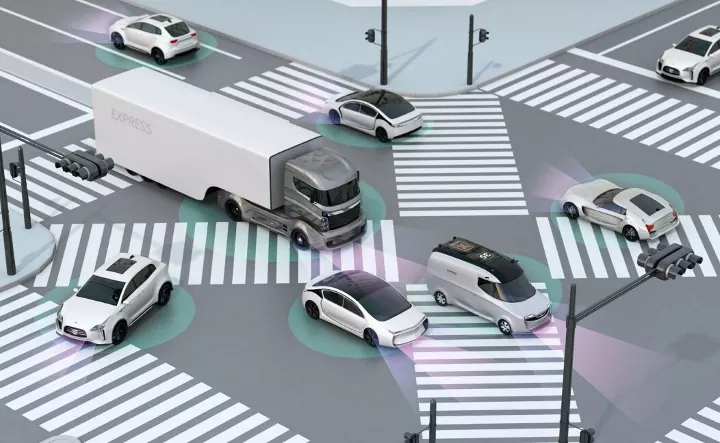
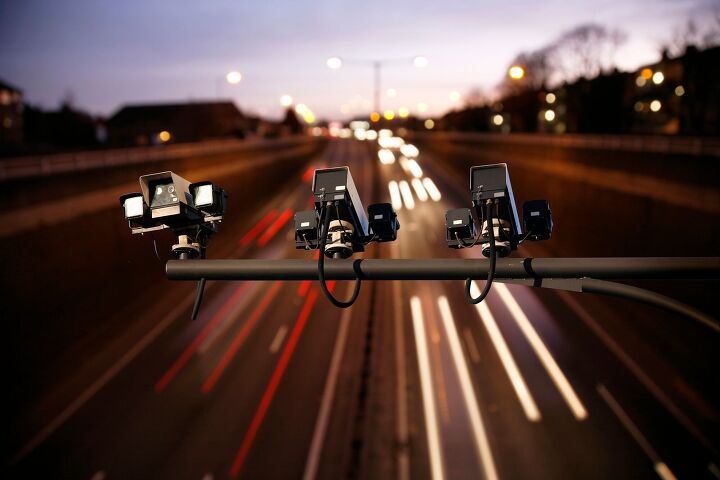
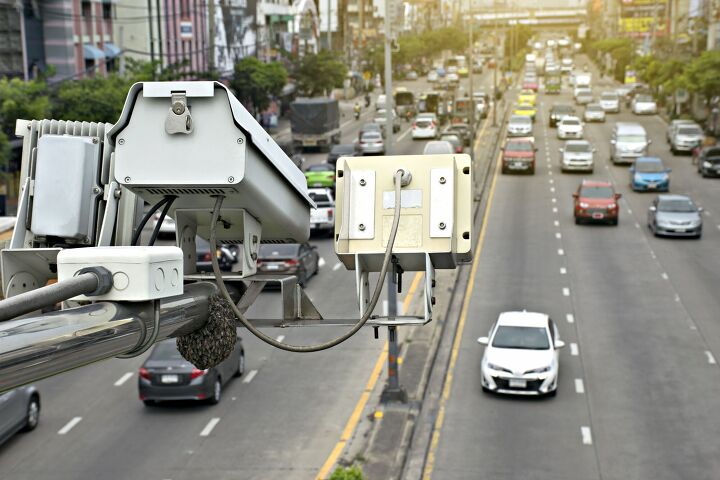
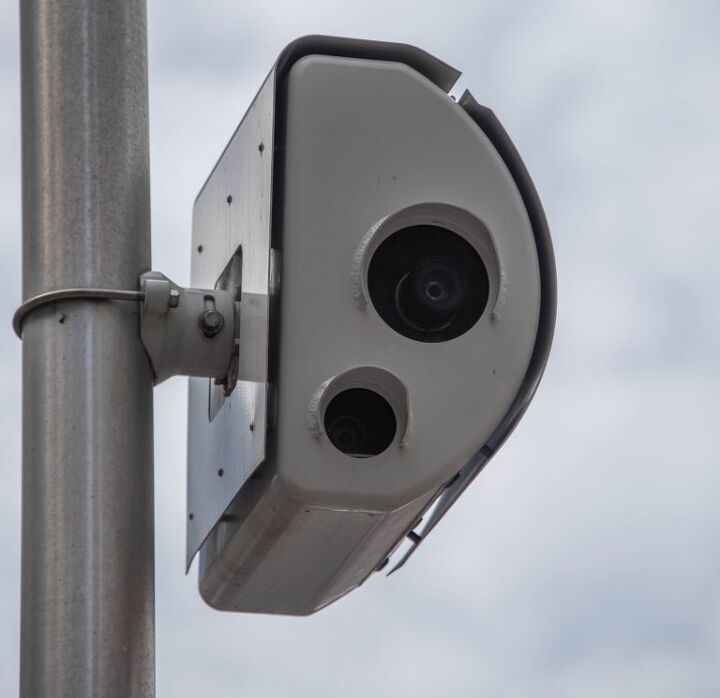
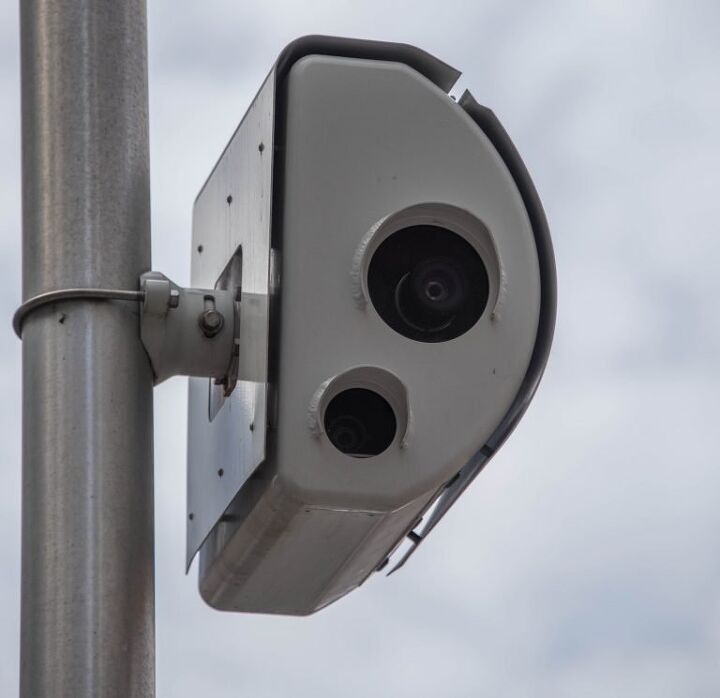
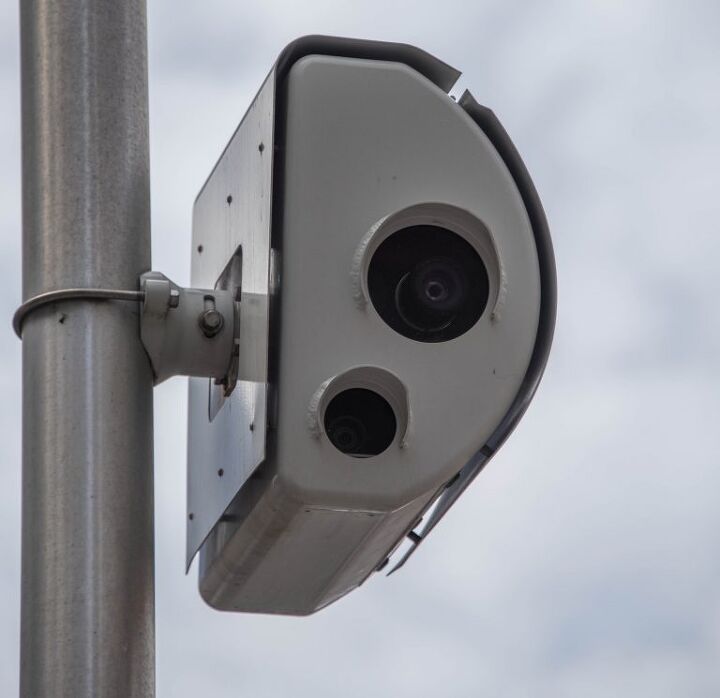

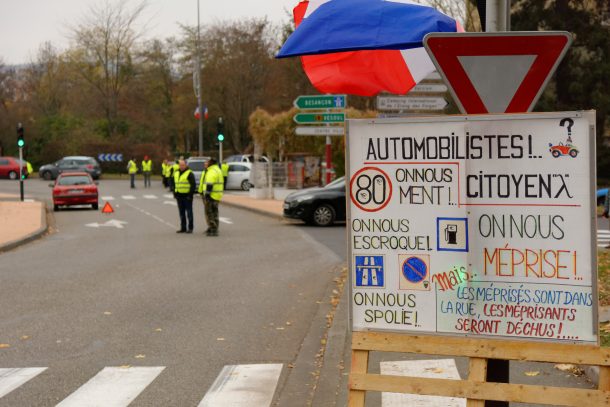

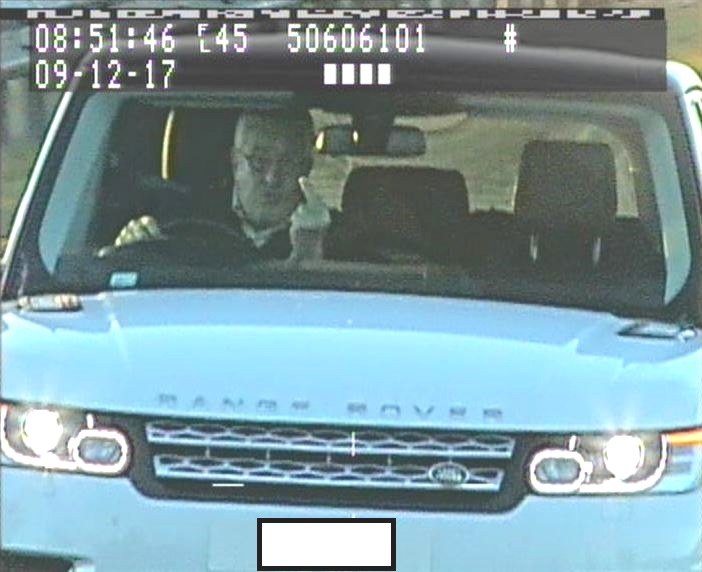
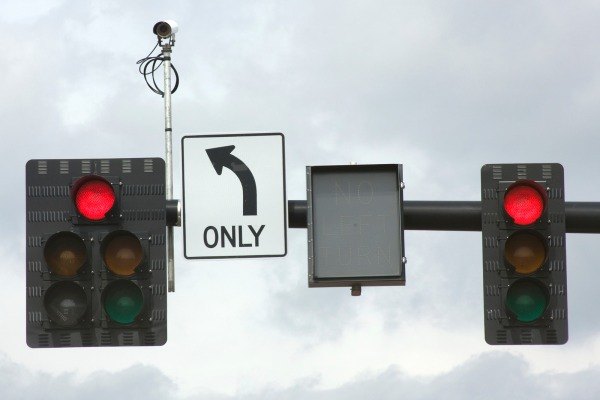
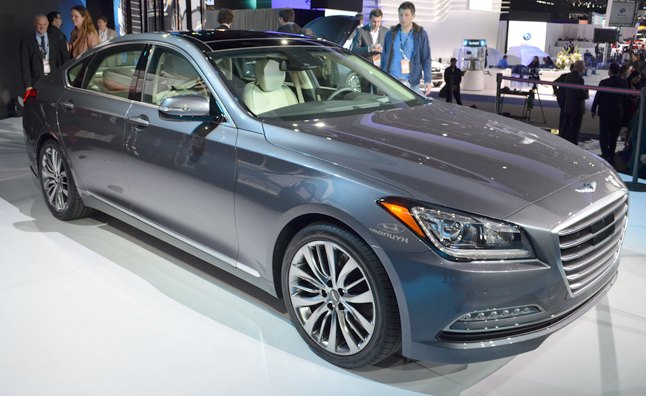

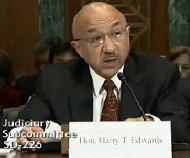












Recent Comments